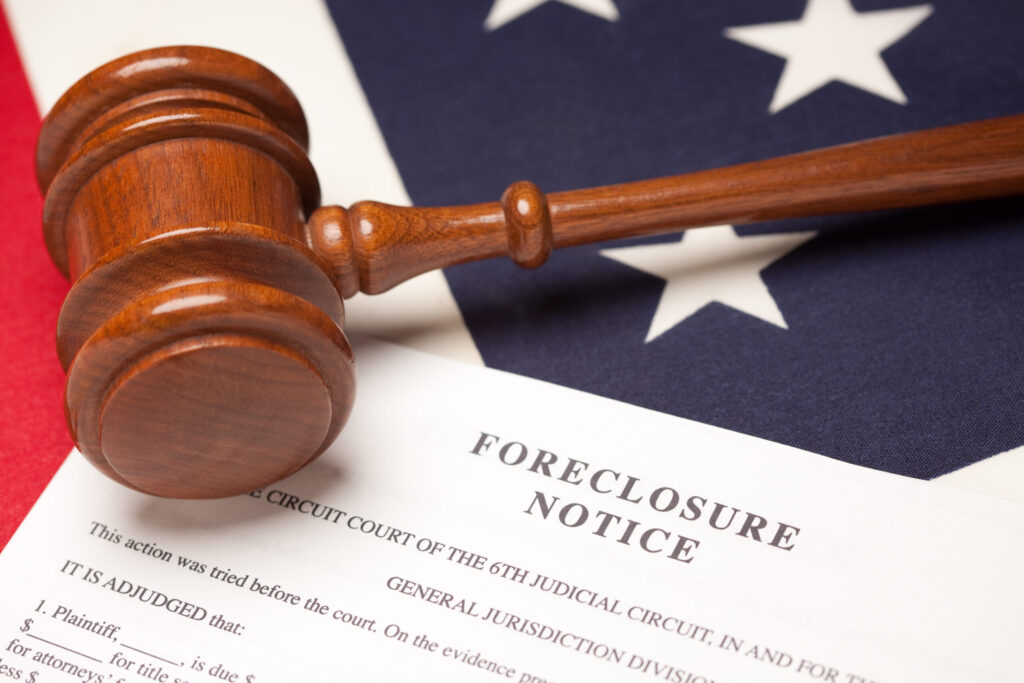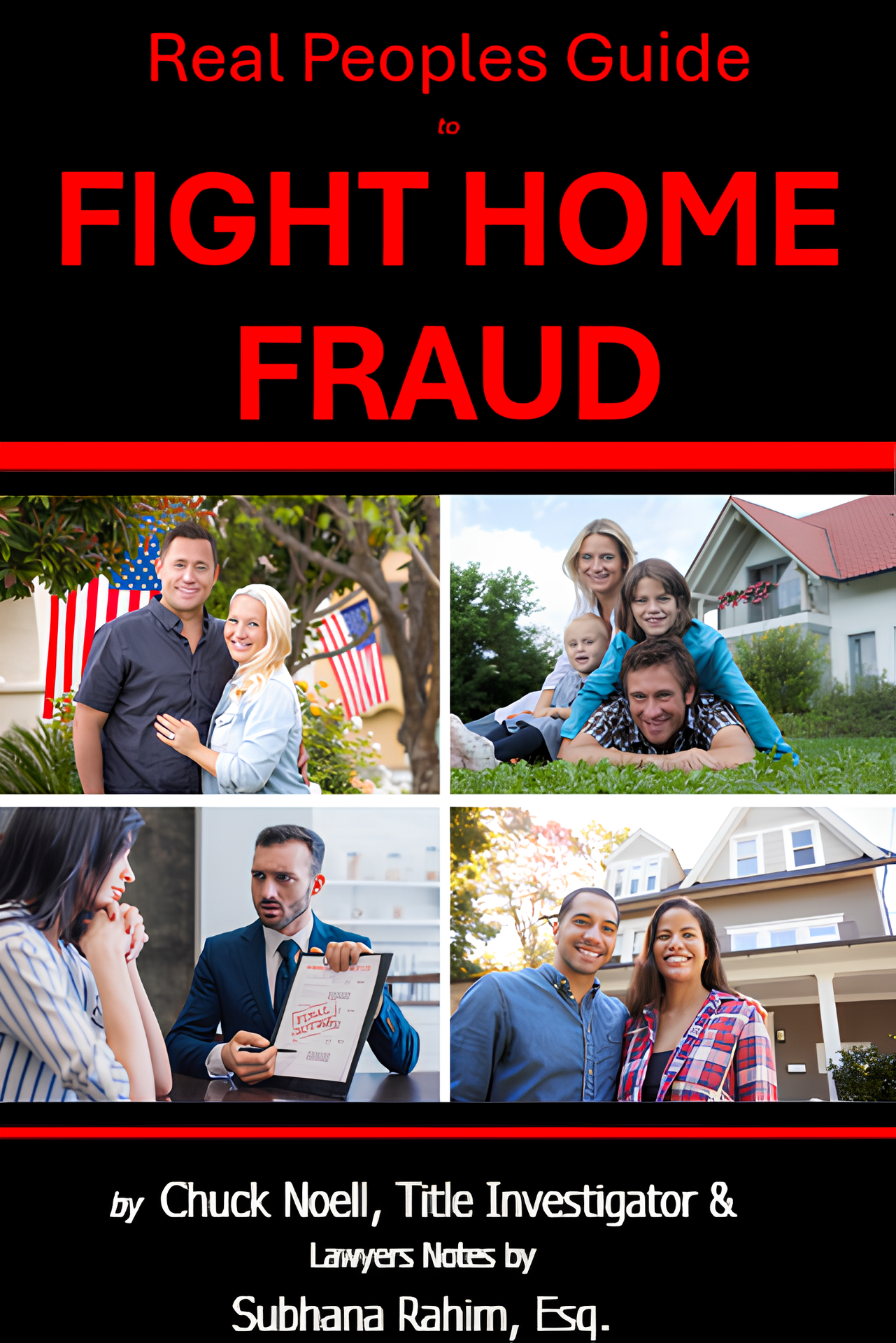
Fight Home Fraud
State Attorney Generals
You can find the contact information for the attorney generals of all 50 states on the National Association of Attorneys General (NAAG) website. The NAAG provides a comprehensive directory where you can find profiles, contact details, and other relevant information for each state’s attorney general. This includes their phone numbers and other ways to get in touch with their offices (NAAG) (NAAG).
Additionally, the USAGov website offers a directory of state attorneys general where you can select your state to find the contact details, including phone numbers, for your state’s attorney general (USAGov).
You can access these resources directly at:
Consumer Financial Protection Bureau (CFPB)
The CFPB offers resources and guides for dealing with mortgage fraud and other financial issues, including a tool to find local housing counseling agencies.
Website: CFPB Housing Counseling
Consumer Financial Protection Bureau (CFPB): CFPB Resources
Title Monitoring Tools for Homeowners

1. Home Title Lock
Monitors your property title and alerts you to any changes or unauthorized actions.
Website: Home Title Lock

2. Property Guard by First American
Offers title monitoring services as part of their property insurance products.
Website: First American Property Guard

3. HouseCanary Title Monitoring
Provides automated alerts on title changes and potential fraud activities.
Website: HouseCanary Title Monitoring

4. Title Check by DataTree
A title monitoring service that keeps track of any changes to your property records.
Website: DataTree Title Check

5. LifeLock by Norton
While primarily an identity theft protection service, LifeLock offers alerts for new home loans and title changes linked to your identity.
Website: LifeLock Home Title Protection
Legal Resources for Homeowners
These resources can provide valuable assistance for homeowners facing legal challenges, including fraud-related issues. Always check the eligibility criteria and specific services offered by each organization.
Legal Services Corporation (LSC)
LSC is the largest funder of civil legal aid for low-income Americans. Their website provides a directory to find local legal aid offices.
Website: LSC Find Legal Aid

American Bar Association (ABA)
The ABA offers resources and referrals for legal assistance, including a directory of pro bono and free legal aid services.
Website: ABA Free Legal Answers and ABA Legal Aid Resources

Legal Aid Society
The Legal Aid Society is one of the oldest and largest providers of legal aid in the United States, offering services to low-income individuals and families.
Website: Legal Aid Society

State Bar Associations
Many state bar associations provide legal aid resources and pro bono services directories. Check your local state bar association’s website for more information.
Example: California State Bar Legal Aid

HUD (U.S. Department of Housing and Urban Development)
HUD provides resources and referrals for housing-related legal issues, including foreclosure prevention and homeowner rights.
Website: HUD Housing Counseling

Fraud Victim Support Hotlines
These hotlines and resources can provide crucial support and guidance for victims of various types of fraud. Always report suspected fraud promptly to mitigate further damage.
1. Federal Trade Commission (FTC)
2. National Center for Disaster Fraud (NCDF)
Hotline: 1-866-720-5721
Website: National Center for Disaster Fraud
3. Consumer Financial Protection Bureau (CFPB)
Hotline: 1-855-411-CFPB
(1-855-411-2372)
Website: Submit a Complaint
4. Identity Theft Resource Center (ITRC)
Hotline: 1-888-400-5530
Website: ITRC
5. Elder Fraud Hotline (U.S. Department of Justice)
Hotline: 1-833-FRAUD-11
(1-833-372-8311)
Website:Elder Fraud Hotline
6. National Consumer League’s Fraud Center
Hotline: 1-800-876-7060
Website: Fraud.org
Fraud Detection Checklist for Homeowners
Verify Title and Ownership Records
- Regularly check your property’s title records through your local land registry or county recorder’s office.
- Ensure that the listed ownership details match your records and there are no unauthorized changes.
- Benefit : Early detection of fraudulent changes can prevent further complications.
Monitor Your Credit Reports
- Regularly review your credit reports from the three major credit bureaus: Equifax, Experian, and TransUnion.
- Look for any new loans or accounts that you did not authorize.
- Benefit : Detecting unusual activity can help identify identity theft early.
Use Title Monitoring Services
- Enroll in a title monitoring service to receive alerts about changes to your property’s title.
- Services like Home Title Lock, Property Guard, and LifeLock can provide continuous monitoring.
- Benefit : Continuous monitoring helps ensure you are immediately aware of any unauthorized changes.
Protect Personal Information
- Shred sensitive documents before disposal.
- Use strong, unique passwords for online accounts related to your finances and property.
- Be cautious about sharing personal information, especially online or over the phone.
- Benefit : Reduces the risk of identity theft, which is often a precursor to fraud.
Be Wary of Phishing Scams
- Do not click on links or download attachments from unsolicited emails.
- Verify the authenticity of any request for personal information by contacting the organization directly.
- Benefit : Prevents fraudsters from acquiring your personal data through deceptive means.
Regularly Review Financial Statements
- Carefully review bank statements, mortgage statements, and any other financial documents for unauthorized transactions.
TitleShield by Title Resources
- Provides continuous monitoring of your property's title and alerts you to any suspicious activity.
- Website: TitleShield
Verify Contact from Financial Institutions
- If you receive unexpected contact from your bank or mortgage lender, verify their identity before sharing any information.
- Use the official contact information from your financial institution’s website.
- Benefit : Prevents falling victim to impersonation scams.
Secure Important Documents
- Store property deeds, mortgage documents, and other important records in a secure, fireproof safe.
- Consider using a safe deposit box for additional security.
- Benefit : Protects critical documents from theft, loss, or damage.
Educate Yourself on Common Fraud Schemes
- Stay informed about common real estate fraud schemes, such as title fraud and mortgage fraud.
- Utilize resources from organizations like the Federal Trade Commission (FTC) and the Consumer Financial Protection Bureau (CFPB).
- Benefit : Awareness of fraud schemes can help you recognize and avoid them.
Report Suspicious Activity Immediately
- If you suspect fraud, report it to local law enforcement, your lender, and relevant authorities like the FTC.
- Seek legal advice from a real estate attorney to protect your rights.
- Benefit : Prompt reporting can help mitigate the impact of fraud and aid in the investigation.

